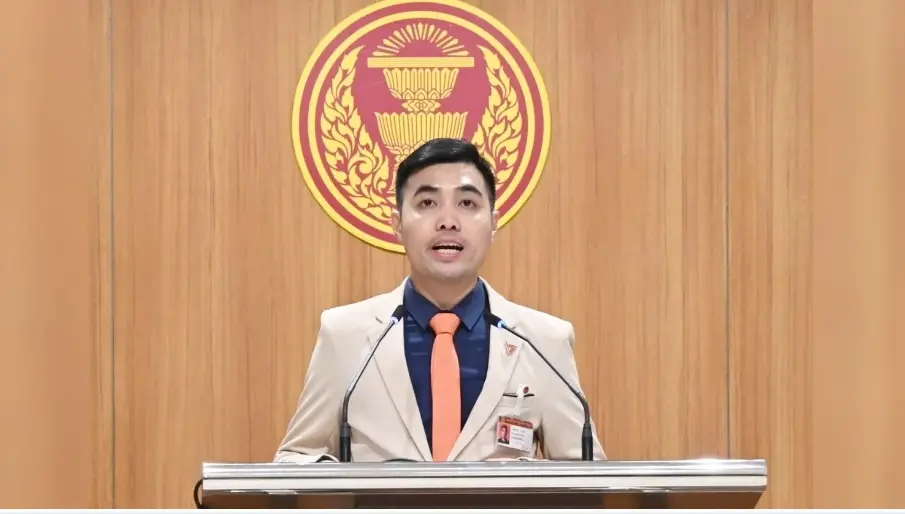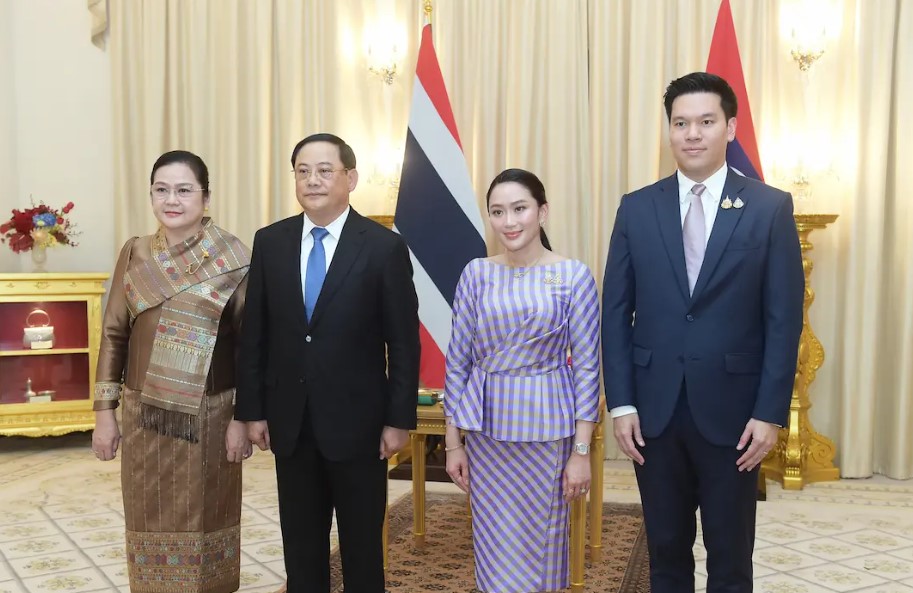The recent meeting of the House Committee on National Security, Thai Border Affairs, National Strategy, and National Reform reaffirmed that Thailand has not ceded, and will not cede, any territory to Cambodia.
This statement was made by Piyarat Chongthep, the committee’s spokesperson, during discussions on the 2001 Memorandum of Understanding (MOU) between Thailand and Cambodia. Known as “MOU 44,” the agreement addresses overlapping claims in the continental shelf.
The meeting focused on energy security and the fair distribution of petroleum resources within the disputed maritime zones. Representatives from key agencies attended, including the Department of Treaties and Legal Affairs, the National Security Council, the Ministry of Natural Resources and Environment, and the Department of Mineral Fuels.
Piyarat raised questions about the current status of the Joint Technical Committee (JTC), which oversees the implementation of MOU 44. Officials informed him that the government is in the process of appointing members to the JTC. He also inquired if government changes or cabinet reshuffles require modifications to the committee’s composition. It was clarified that such changes depend on cabinet resolutions, which can delay negotiations.
The spokesperson noted that the JTC has only held two formal meetings, in 2001 and 2002. Subsequent discussions have been informal. Under the current administration, led by Prime Minister Paetongtarn Shinawatra, the JTC has not yet been formed. It is expected that the Deputy Prime Minister responsible for security affairs will chair the committee.
Piyarat addressed public concerns about potential impacts on Thailand’s territorial boundaries, particularly regarding Koh Kood in Trat Province. He assured the public that Thailand has not and would not surrender any territory to Cambodia. He emphasized that boundary demarcation has not yet been discussed, and the status of the island remains unchanged.
The committee is currently reviewing Thailand’s interests under MOU 44 to ensure national security and equitable resource allocation
[ad_1]
Source: NNT



